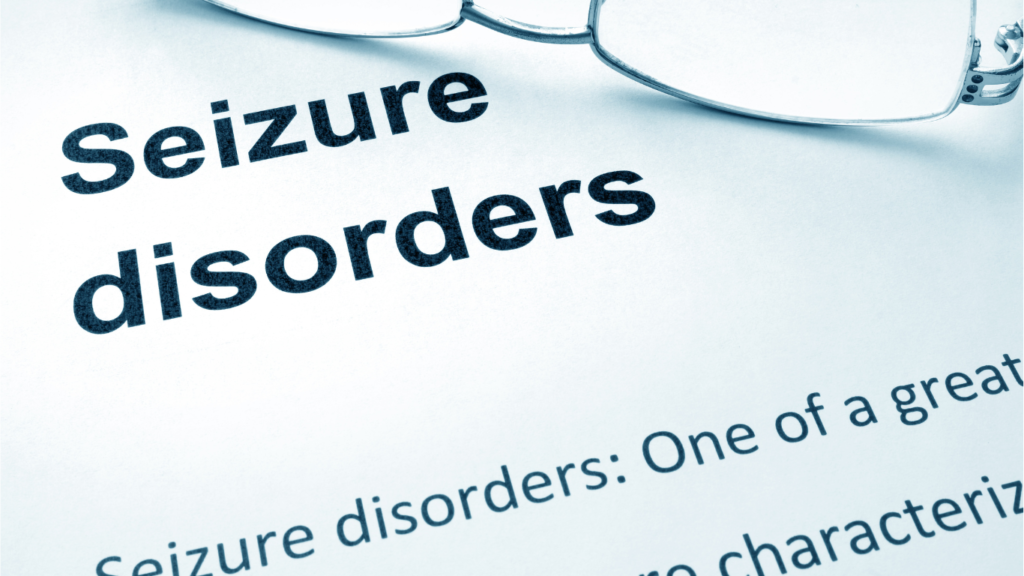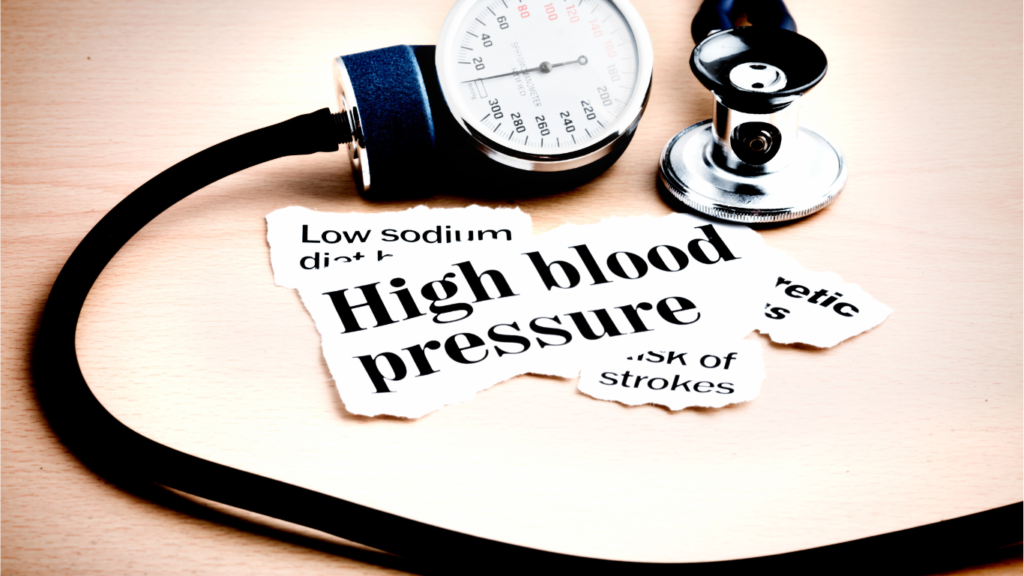Unlocking the Connection Between High Blood Pressure and Epileptic Seizures

Introduction: High Blood Pressure and Epileptic Seizures
Epilepsy, a neurological disorder characterized by recurrent seizures, has long been a subject of medical inquiry, with researchers continually seeking to unravel its complex origins and risk factors. Recent studies have shed light on a potential association between hypertension, or high blood pressure, and the onset of epileptic seizures, offering new insights into the interplay between cardiovascular health and neurological conditions.
Understanding the Link Between High Blood Pressure and Epilepsy

Research conducted by Boston University School of Medicine has highlighted a significant correlation between hypertension and epilepsy, particularly among older individuals. The study revealed that individuals with high blood pressure, defined as readings above 140/90, face a 2.5 times higher risk of developing epilepsy compared to those with normal blood pressure levels. While the precise mechanism underlying this association remains elusive, researchers speculate that vascular factors and the renin-angiotensin system (RAS) may play pivotal roles.
Unraveling the Mechanisms
The connection between high blood pressure and epileptic seizures may stem from various physiological processes, including vascular dysfunction and alterations in the renin-angiotensin system. Hypertension can lead to vascular changes in the brain, disrupting blood flow and oxygen delivery, which may predispose individuals to seizures. Moreover, heightened activity in the renin-angiotensin system, observed after seizures, suggests a potential link between blood pressure regulation and epileptic activity.
Implications for Diagnosis and Treatment
Recognizing the association between hypertension and epilepsy has significant implications for clinical practice. Healthcare providers should be vigilant in monitoring blood pressure levels, especially among older adults, as elevated readings may signal an increased risk of epileptic seizures. Moreover, managing high blood pressure through lifestyle modifications and antihypertensive medications can potentially mitigate the risk of epilepsy and improve overall neurological health.
FAQs : High Blood Pressure and Epileptic Seizures
Can high blood pressure directly cause epileptic seizures?
While high blood pressure is associated with an increased risk of epilepsy, it’s important to note that hypertension alone may not directly cause seizures. Rather, it may contribute to neurological changes that predispose individuals to seizure activity.
How does hypertension impact the risk of late-onset epilepsy?
Hypertension can exacerbate vascular dysfunction and compromise cerebral blood flow, increasing the likelihood of late-onset epilepsy by disrupting brain function and triggering seizures.
Are there specific age groups more susceptible to hypertension-related seizures?
While hypertension-related seizures can occur at any age, older adults, particularly those over 60, are at higher risk due to age-related vascular changes and cardiovascular conditions.
What role does the renin-angiotensin system (RAS) play in the connection between hypertension and epilepsy?
The renin-angiotensin system regulates blood pressure and vascular function. Elevated activity in the RAS, observed after seizures, suggests a potential link between blood pressure dysregulation and epileptic activity.
Can antihypertensive medications reduce the risk of epilepsy?
Research suggests that antihypertensive medications, by controlling blood pressure and modulating vascular function, may help reduce the risk of epilepsy in individuals with hypertension.
What are the long-term implications of hypertension-related seizures?
Hypertension-related seizures can have significant long-term consequences, including cognitive impairment, neurological damage, and reduced quality of life. Early diagnosis and intervention are essential for mitigating these risks.
Is there a genetic predisposition to developing epilepsy in individuals with hypertension?
While genetic factors may influence the risk of epilepsy and hypertension independently, the specific genetic mechanisms underlying their association require further investigation.
Can lifestyle changes alone effectively prevent seizures in individuals with hypertension?
Lifestyle modifications, such as maintaining a healthy diet, exercising regularly, and managing stress, can complement medical treatment in reducing the risk of seizures and improving overall health outcomes in individuals with hypertension.
What are the warning signs of hypertension-related seizures?
Warning signs of hypertension-related seizures may include sudden onset of convulsions, loss of consciousness, confusion, and neurological deficits. Prompt medical intervention is required in the event of these symptoms manifesting.
Are there any dietary supplements or alternative therapies that can help prevent seizures in hypertensive individuals?
While some dietary supplements and alternative therapies may claim to lower the risk of seizures, their efficacy and safety in individuals with hypertension require further research and evaluation. It’s important to consult with a healthcare professional before incorporating any supplements or alternative treatments into your regimen.
How does hypertension-related small vessel disease contribute to the development of epilepsy?
Hypertension-related small vessel disease can impair blood flow to the brain, leading to tissue damage and neurological dysfunction. This vascular pathology may increase the susceptibility to seizures and contribute to the development of epilepsy.
Can hypertension-related strokes increase the risk of epilepsy?
Yes, hypertension-related strokes can cause brain damage and scarring, increasing the risk of developing epilepsy. The healing process following a stroke may result in abnormal neuronal activity and seizure generation.
What role does aging play in the association between hypertension and epilepsy?
Aging is associated with an increased risk of hypertension and vascular dysfunction, which can predispose individuals to epilepsy. Age-related changes in brain structure and function may also contribute to seizure susceptibility.
Can hypertension-related medications worsen seizures in individuals with epilepsy?
While rare, certain antihypertensive medications may exacerbate seizures in individuals with epilepsy. It’s essential for healthcare providers to carefully monitor medication regimens and adjust treatments as needed to minimize adverse effects.
How can early detection and treatment of hypertension help prevent seizures and epilepsy?
Early detection and treatment of hypertension are crucial for preventing complications such as seizures and epilepsy. By managing blood pressure effectively and addressing underlying vascular risk factors, healthcare providers can reduce the incidence and severity of neurological complications in hypertensive individuals.